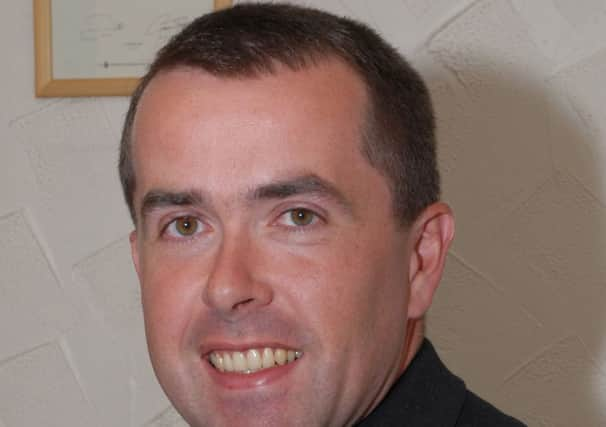50 things to do before you die?


While “eat a deep-fried Mars Bar”, or “have fish and chips on a seaside pier” may sound like fun advice, I would suggest that our priorities would, and should, be very different if we knew that our life was coming to an end.
Unfortunately, (or perhaps fortunately) in many cases we have no idea how long we have left in this life. The crew of the yacht Cheeki Rafiki, when leaving Antigua, had no idea that they would not make it back to England.
Advertisement
Hide AdAdvertisement
Hide AdI have had many discussions with people over the years about ensuring that their family is adequately provided for in the event of their death. Some people don’t like talking about death and bury their head in the sand, others think they will never die and don’t recognise that their appointed time is getting closer.
Most people do, however, recognise that if they have family members who are dependent on them, they should make adequate provision in the form of life insurance. And why wouldn’t you?
According to Wikipedia, it costs on average £436,000 to raise two children from birth to age 18, yet it only costs £16.69 per month with Aviva to provide £436,000 of life insurance for a 30-year-old for 18 years. This is much less than most people pay for their TV package, or their mobile phone contract.
Despite this, a study by Sainsburys found that one in three 35 to 44-year-olds, the age range most likely to have dependents, do not have any life assurance cover.
Advertisement
Hide AdAdvertisement
Hide AdIf you are one of them, or if it has been a long time since you reviewed your cover, then you should take action.
There are several different types of life insurance. The most simple form is known as “term assurance”. This is a type of policy that has no savings element and cover is simply taken out for the term that is required.
A second, more expensive type of cover, is known as “whole of life”. This type of policy keeps going until death, no matter when it occurs, so the payout is ultimately guaranteed to happen provided the premiums continue. The same cover of £436,000 would cost £1,650 per annum on a whole-of-life basis which, while being more expensive, still represents good value, as a 30-year-old would need to live to an age of 295 before they would have paid in more than the sum assured.
David Hill is a Chartered Financial Planner and Independent Financial Adviser at Hills Financial Planning, 15 Agnew Street, Larne. He can be contacted on 028 28276814 or by email: [email protected]